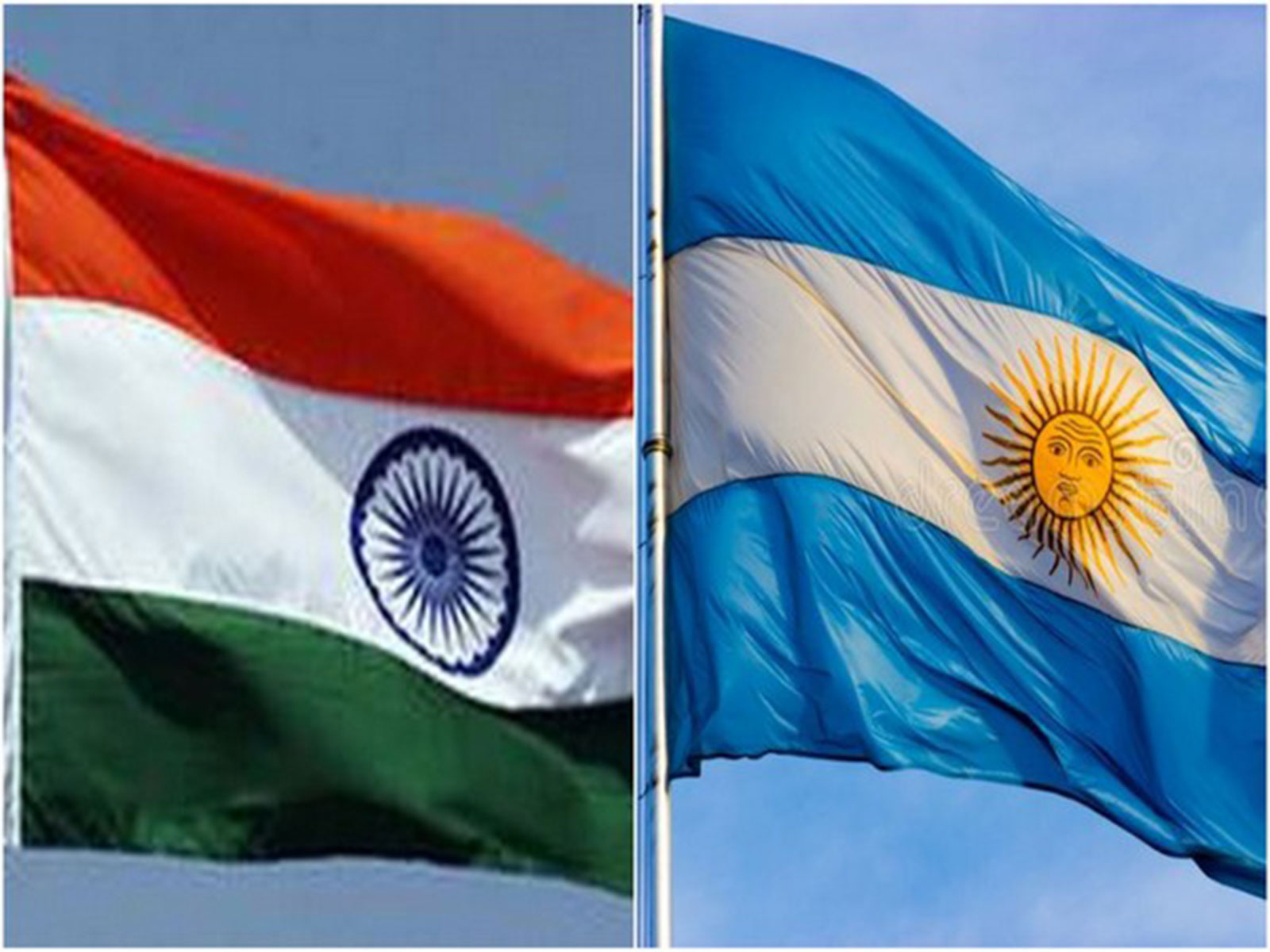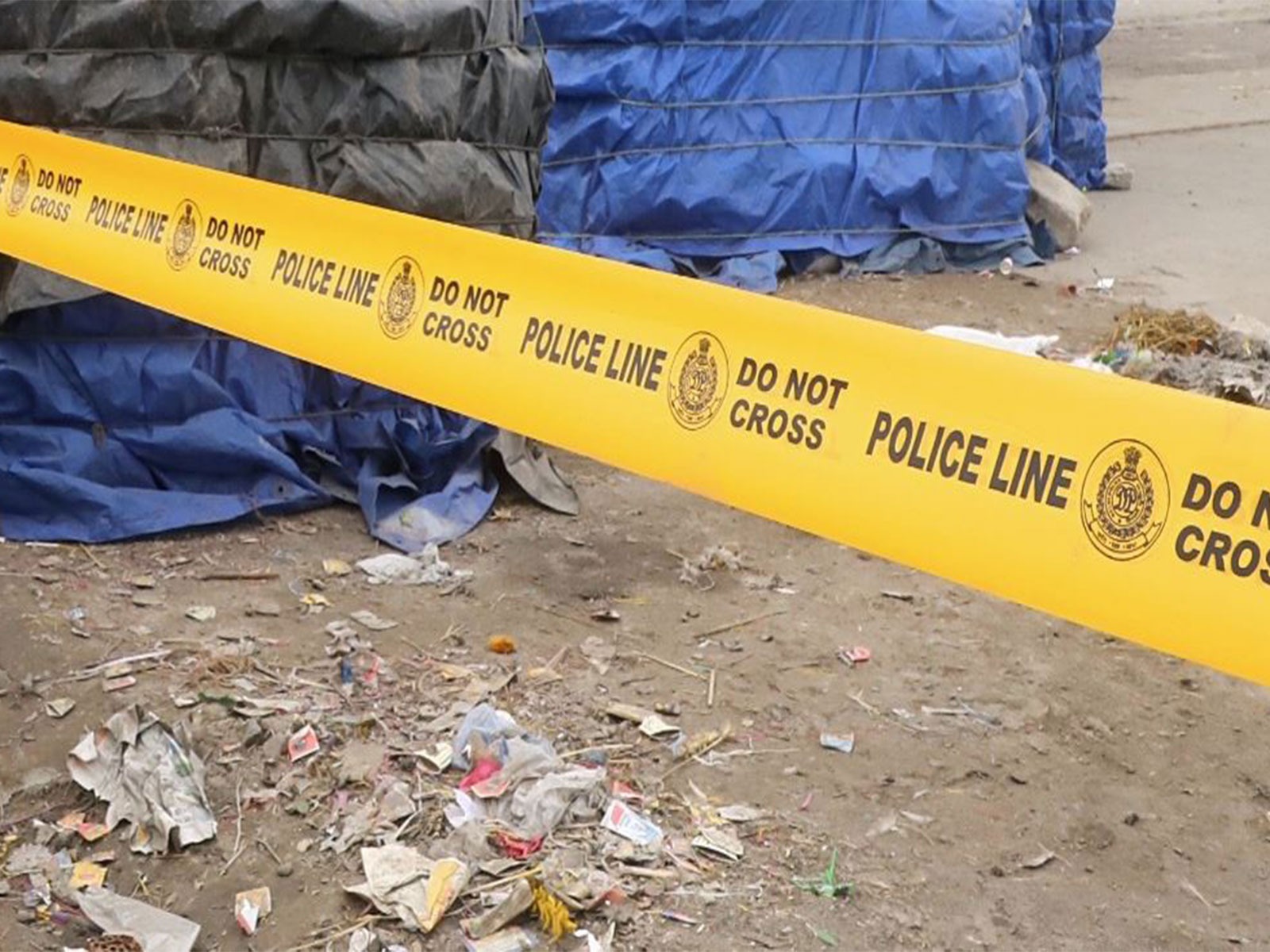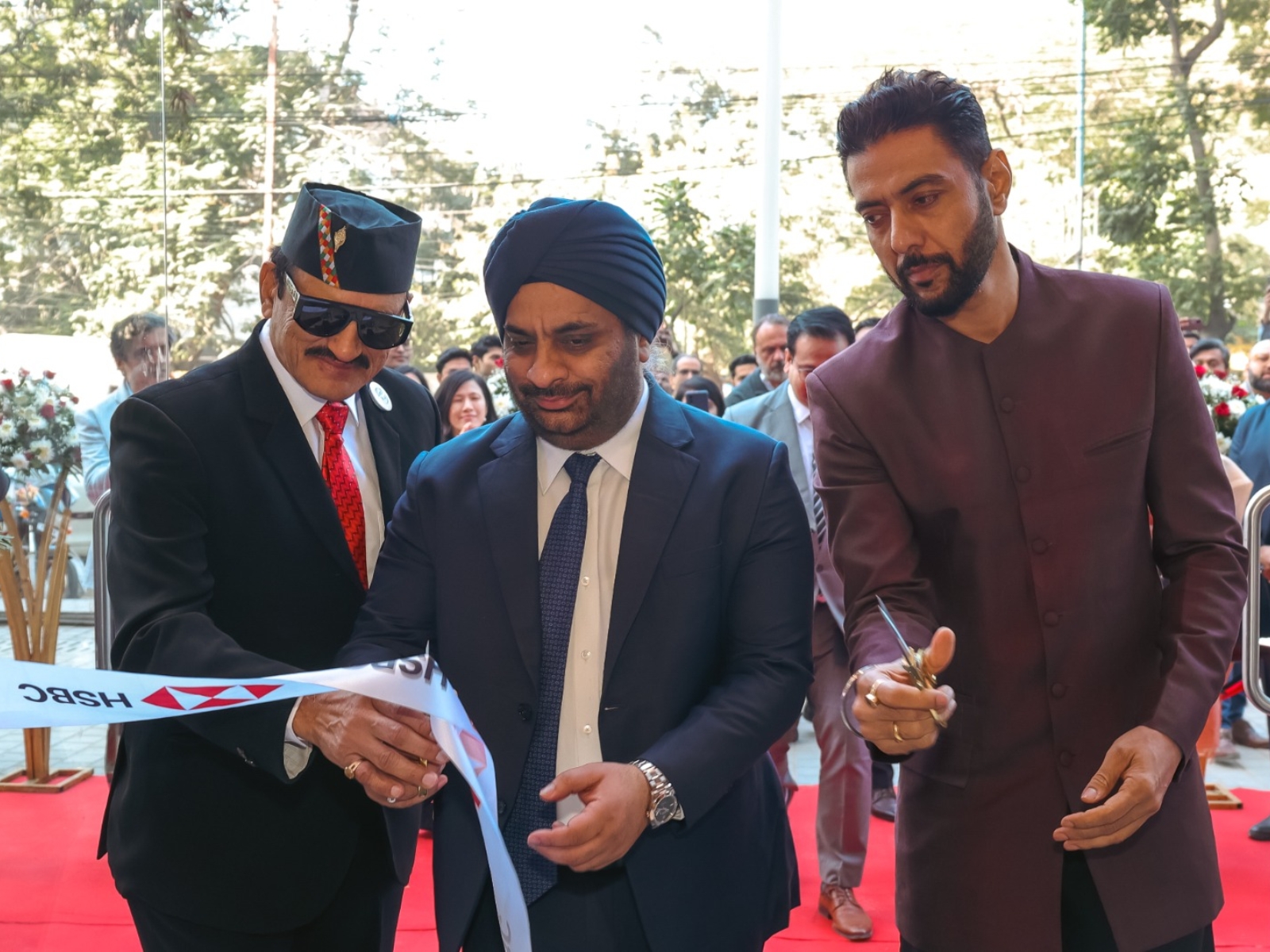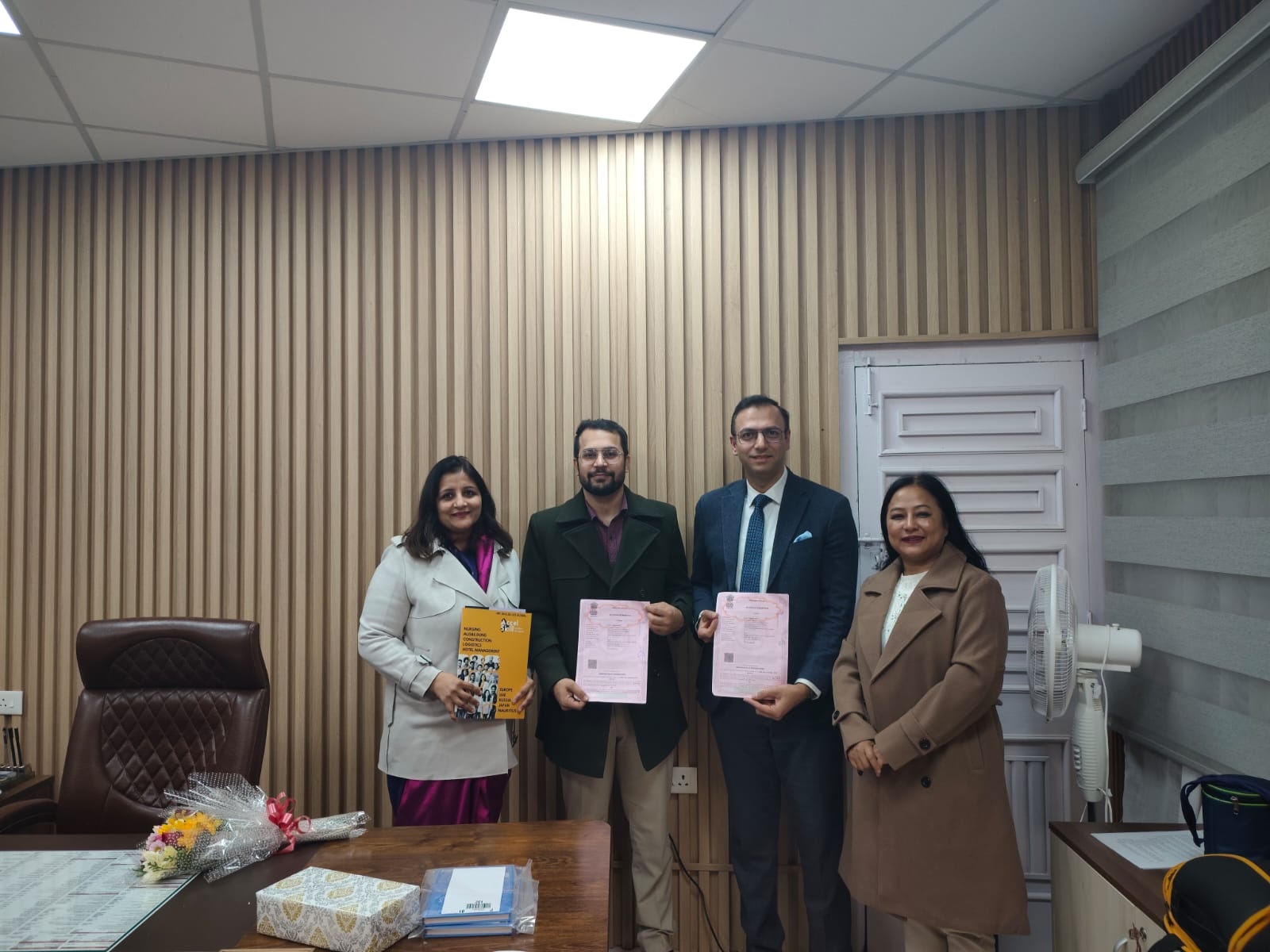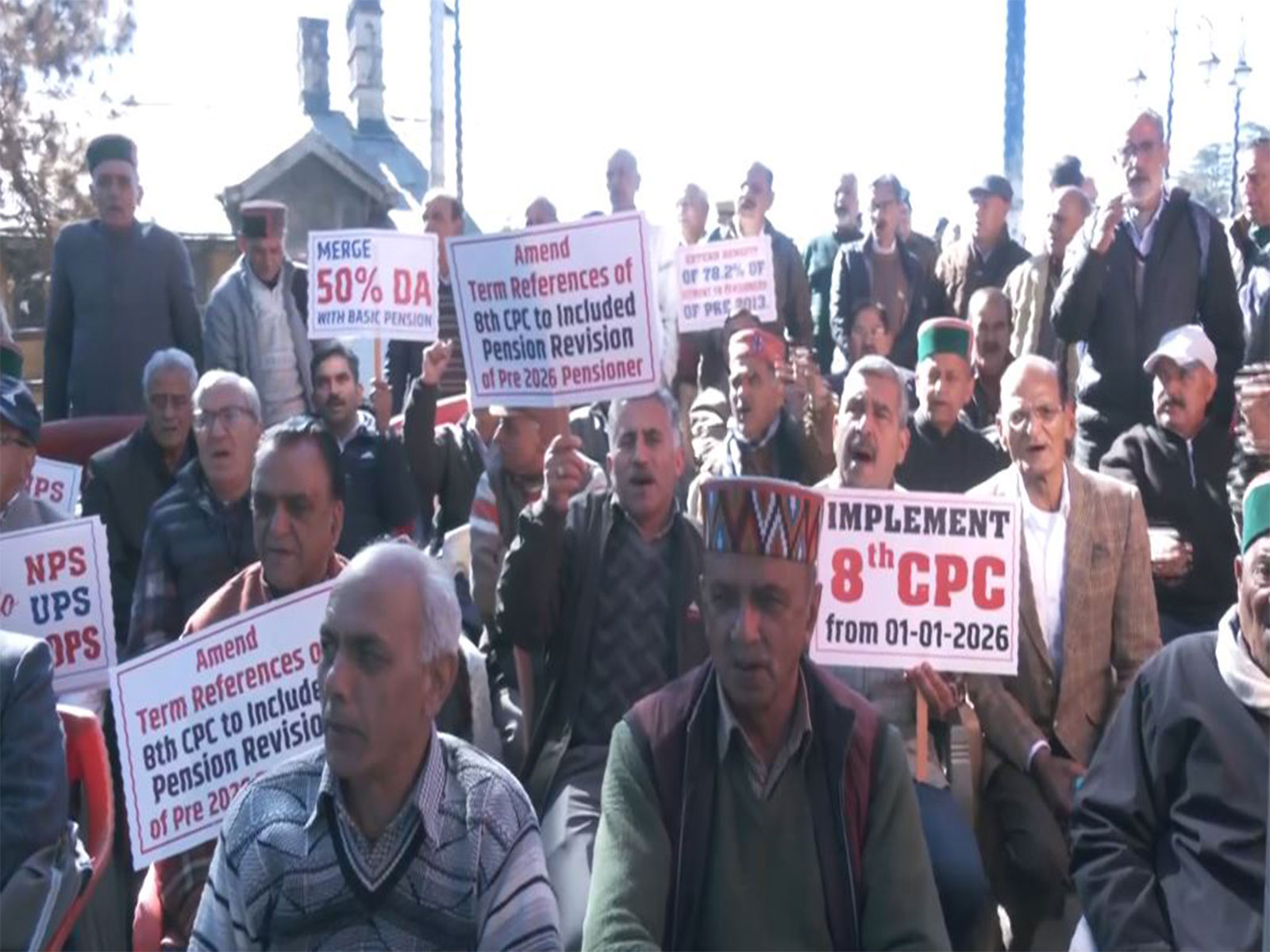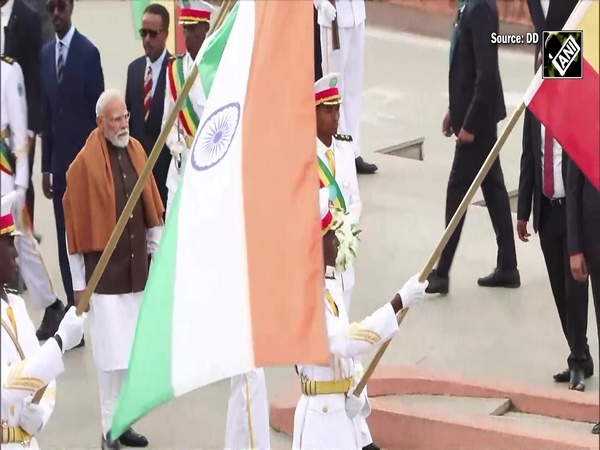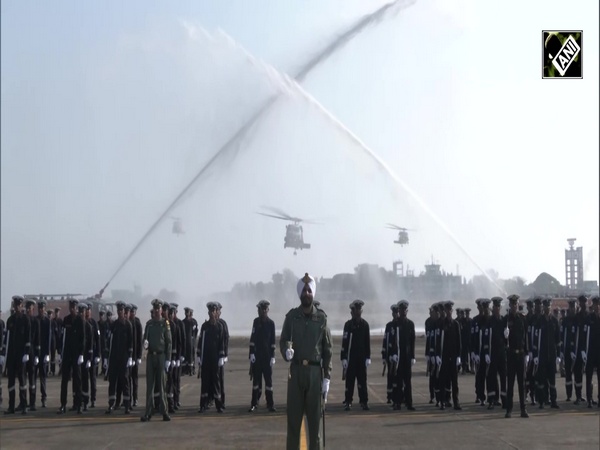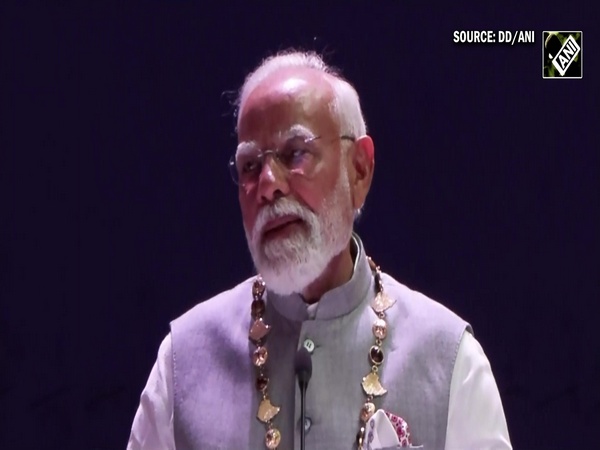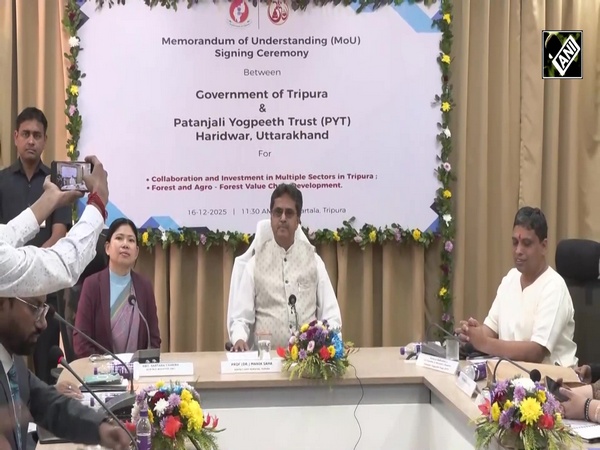"Only thing which remains to be discussed on Kashmir is vacating of illegally occupied PoK": Jaishankar
May 15, 2025

New Delhi [India], May 15 : External Affairs Minister S Jaishankar on Thursday strictly reaffirmed that the Kashmir issue is a bilateral matter, focusing on Pakistan's illegal occupation of Indian territory in Pakistan-occupied Kashmir.
He said that the Indian government is willing to discuss the Kashmir issue with Pakistan, specifically regarding the vacating of illegally occupied Indian territory.
Jaishankar, while talking to reporters on the sidelines of the inauguration of the Embassy of Honduras, said, "So sometimes the Kashmir issue has been brought up again. The only thing which remains to be discussed on Kashmir is the vacating of illegally occupied Indian territory in Pakistan-occupied Kashmir. We are open to discussing that with Pakistan. So I want you to spell out our positions very clearly so that you know what is in your minds and what many of you have raised with me on various occasions. The government's position is very, very clear."
He reiterated that India's relations with Pakistan will remain strictly bilateral, with a focus on counter-terrorism efforts and emphasised that India's dealings with Pakistan will be bilateral, without any third-party involvement.
Jaishankar stated that Pakistan expected to take concrete actions on terrorism and needed to hand over a list of terrorists and dismantle terrorist infrastructure.
"Our relations and dealings with Pakistan will be strictly bilateral. That is a national consensus for years, and that is absolutely no change. The prime minister made it very clear that talks with Pakistan will be only on terror. Pakistan has a list of terrorists that needs to be handed over, and they have to shut down the terrorists' infrastructure. They know what to do. We are prepared to discuss with them what is to be done about terrorism. Those are the talks which are feasible," said Jaishankar.
Jaishankar also reiterated that the Indus Water Treaty, signed in 1960, is currently on hold due to Pakistan's cross-border terrorism. The treaty governs the sharing of water resources from the Indus River and its tributaries between India and Pakistan.
"Water issues have been raised again, you all know, and I reemphasise the Cabinet, the Cabinet Committee on Security and the government. It was very clear that the Indus Water Treaty is held in abeyance and will continue to be held in abeyance until cross-border terrorism by Pakistan is credibly and irrevocably stopped," he said.
The treaty allocates the eastern rivers (Beas, Ravi, and Sutlej) to India and the western rivers (Indus, Chenab, and Jhelum) to Pakistan, with some provisions for India to use the western rivers for limited irrigation and non-consumptive uses like power generation.
The World Bank brokered the Indus Water Treaty to resolve water-sharing disputes between India and Pakistan. Despite tensions and conflicts, the treaty has generally held, with both countries exchanging data and cooperating on water management through the Permanent Indus Commission.
However, it is on hold after the Pahalgam terror attack on April 22. In response to the terror strike, India on the intervening night of May 6-7 launched Operation Sindoor, striking nine terror launchpads in Pakistan and PoK.
Jaishankar added that he was thankful to the government of Honduras for its condemnation of April 22 Pahalgam terror attack.
"I think you know for us it was very good that we have a new embassy and Honduras is a country where you know business is growing. They are politically supportive of us. They were one of the countries who expressed very strong solidarity when it came to. The attack, so I appreciated it very much," he said.
Jaishankar added that several international leaders called him and affirmed their support. Further, acting on the United Nations Security Council resolution, India attacked the terror sites in Pakistan on May 7 under Operation Sindoor.
"We actually got a lot of international support. Many ministers, many leaders called up here, many ministers called me up. We had a Security Council resolution which very clearly said that the perpetrators of the attack should be held accountable. And on May 7th morning we held them accountable through the action which was taken through our operation Sindoor," he said.
Earlier on May 13, during the weekly media briefing by the Official Spokesperson of the Ministry of External Affairs, Randhir Jaiswal also echoed the same stance.
"After the CCS decision, this Indus Waters Treaty has been put in abeyance. I would also like to take you back a little. The IWT, the Indus Waters Treaty, was concluded in the spirit of goodwill and friendship as specified in the preamble of the treaty. However, Pakistan has held these principles in abeyance by its promotion of cross-border terrorism for several decades now," he said.
The Indus Water Treaty, which withstood several decades of cross-border terrorism by Pakistan, now stands in abeyance. Jaiswal said that climate changes and demographic shifts have created new realities on ground.
"Now, as per CCS decision that I referred to of 23rd April, India will keep the treaty in abeyance until Pakistan credibly and irrevocably, abjures its support for cross-border terrorism. Please also note that climate change, demographic shifts and technological changes have created new realities on ground as well," Jaiswal said.
